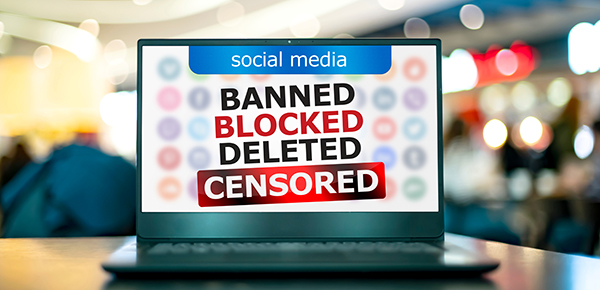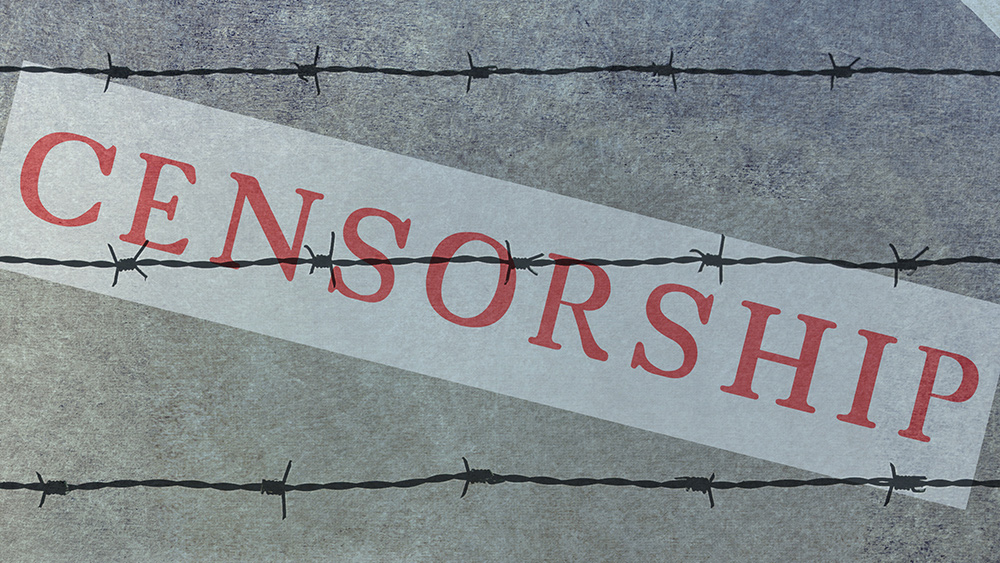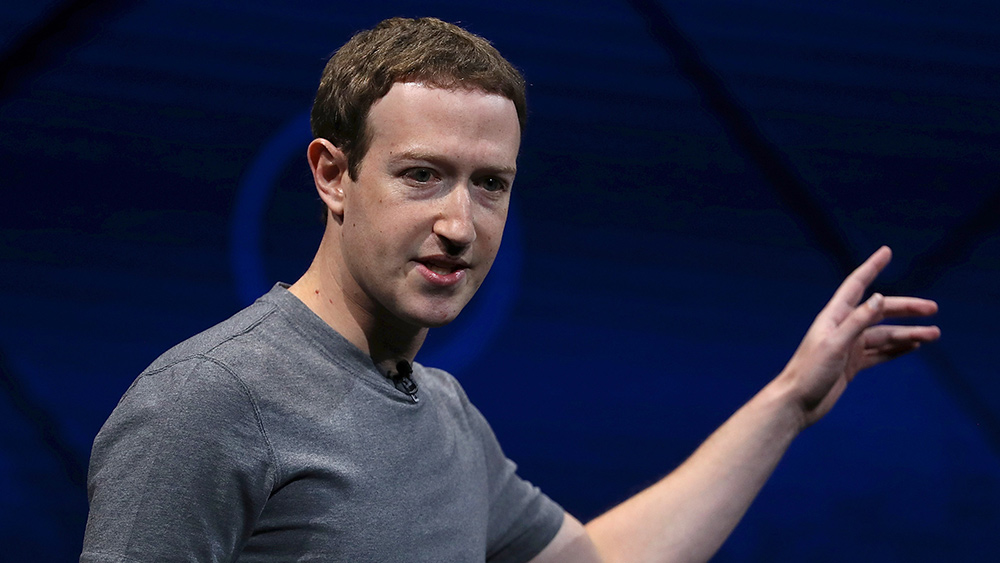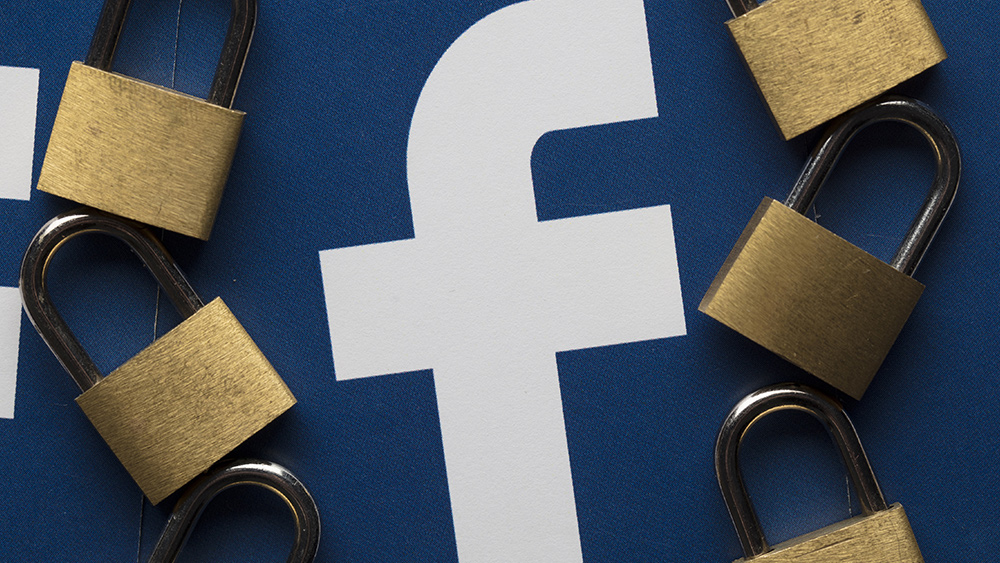Former Meta director says Instagram FAILED to protect teen users
11/27/2023 / By Zoey Sky

A former Meta employee testified before a Senate subcommittee earlier this month and revealed that Meta, parent company of Facebook and Instagram, knew of the harassment and other harms affecting teenage users on its platforms but “failed to address them.”
Arturo Bejar worked on well-being for Instagram from 2019 to 2021. From 2009 to 2015, he said that he was a director of engineering for Facebook’s Protect and Care team. Bejar testified before the Senate Judiciary Subcommittee on Privacy, Technology and the Law at a hearing about social media and its impact on teen mental health.
In written remarks made available before the hearing, Bejar said he is testifying because the public and parents must “understand the true level of harm posed by these ‘products.'”
His shocking testimony follows a bipartisan push in Congress to pass legislation that would require social media platforms to provide parents with tools to protect young users online.
According to Bejar, his work at Meta was designed to influence the design of Facebook and Instagram in ways that would steer users “toward more positive behaviors and provide tools for young people to manage unpleasant experiences.”
Bejar told senators that he met regularly with senior executives at the company, including CEO Mark Zuckerberg, and that they seemed supportive of the work at the time. However, he said that eventually, the executives would often decide not to tackle the issue.
He cited an email from 2021 flagged to Zuckerberg and other top executives revealing that 51 percent of Instagram users had reported having a bad or harmful experience on the platform in the past seven days. The data also found that 24.4 percent of children aged 13 to 15 had reported receiving unwanted sexual advances on Instagram.
Bejar also said his own 16-year-old daughter has received misogynistic comments and obscene photos.
He also recounted that in one meeting, Meta Chief Product Officer Chris Cox discussed “precise statistics on teen harms off the top of his head.” However, Bejar said this was disappointing because it proved that even though they knew about the issues prevalent on Instagram, they did not act to protect teen users.
5 Tips for parents who want to help teenagers fight the negative side effects of social media
If your teenage children are online regularly, follow these tips to help protect them on social media:
Establish rules
A federal law, the Children’s Online Privacy Protection Act, makes it illegal for children under 13 to have social media accounts. Additionally, new legislation is being proposed to protect minors’ information until they are 16 years old.
If you’re not familiar with the sites or apps your children are using, take the time to learn what they are doing and seeing.
Follow them on social media
The best way to understand social media apps that your children use is to use them yourself.
“Friending” or “following” them means you can regularly check what they see or post online, along with the people they interact with.
Monitoring your child’s online activity doesn’t mean spying on them, but they should know that you as their parents are aware of and care about what they’re doing.
Teach children that they must never give strangers, even their “online friends,” access to their social media networks. Teach them to never share account passwords with anyone. (Related: Social media use linked to TEENAGE DEPRESSION, warn mental health experts.)
If your child receives a text or other message containing inappropriate content, tell them that the best response is to delete the content and reply with “I did not request this.”
Show them how to use social media responsibly
As a parent, you should be a role model when it comes to using social media responsibly.
Try to create media-free spaces in your family life. Set phone-free mealtimes and actively talk to your children to bond and create happy memories as a family.
Offer to talk at signs of behavioral changes
If your teenager is showing changes in mood or eating habits, check in with them. These are some signs that you should be aware of and be prepared to talk about.
When it’s time to talk, focus on using “I” instead of “you” statements, such as saying “I noticed this and I’m really worried. Can we talk about it?”
If your children don’t want to talk at that moment, make sure they know you’ll be there when they are ready.
Be aware of how your children use social media
Experts suggest that checking in frequently and being attentive to and aware of your kids’ social media use can help protect them from any dangers online.
If you’re not sure where to start, try asking children how they use social media. Do they use it to share updates with their friends? Or do they use their accounts to follow certain celebrities or influencers?
You can ask if they are seeking advice or help and how they feel when they use it. Does it entertain them? Does it make them happy or sad?
While it can be confusing or tiring, Dr. Mari Radzik, a clinical psychologist in the Division of Adolescent and Young Adult Medicine at Children’s Hospital Los Angeles, said “active, attentive parenting is crucial.” As parents, Radzik said you must try to be mindful of what your children are doing and how you “can help them feel confident, self-aware and resilient.”
Talk to your children and make sure they know how to use their social media accounts responsibly.
Go to MetaTyranny.com to read more articles about how social media affects children.
Watch Dr. Duke Pesta discuss how Instagram is targeting little children with its new app below.
This video is from the Counter Culture Mom channel on Brighteon.com.
More related stories:
Ads for AI GIRLFRIENDS flooding social media platforms.
Sources include:
Submit a correction >>
Tagged Under:
adolescents, Anxiety, children's health, computing, devices, Facebook, future tech, gadgets, Glitch, Instagram, internet, Internet safety, mental health, meta, Mind, sexual harassment, Smartphones, Social media, teenagers
This article may contain statements that reflect the opinion of the author
RECENT NEWS & ARTICLES
COPYRIGHT © 2017 MARK ZUCKERBERG NEWS















